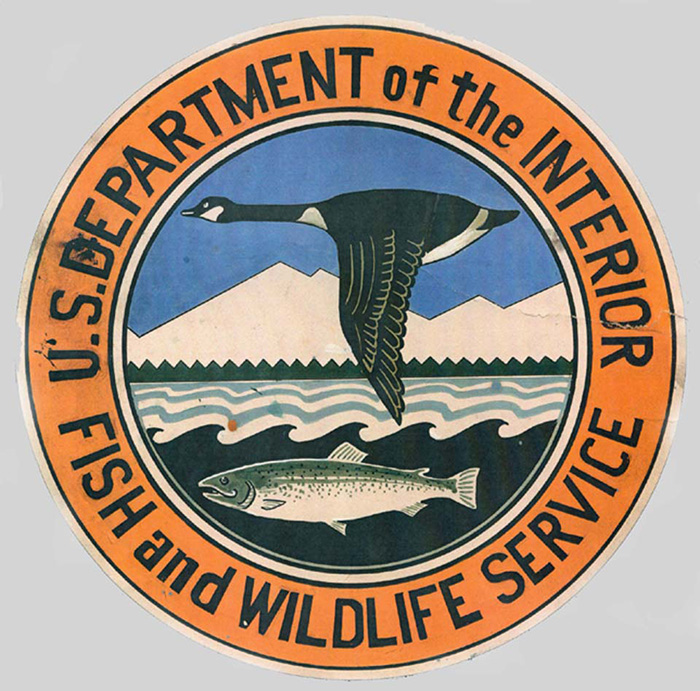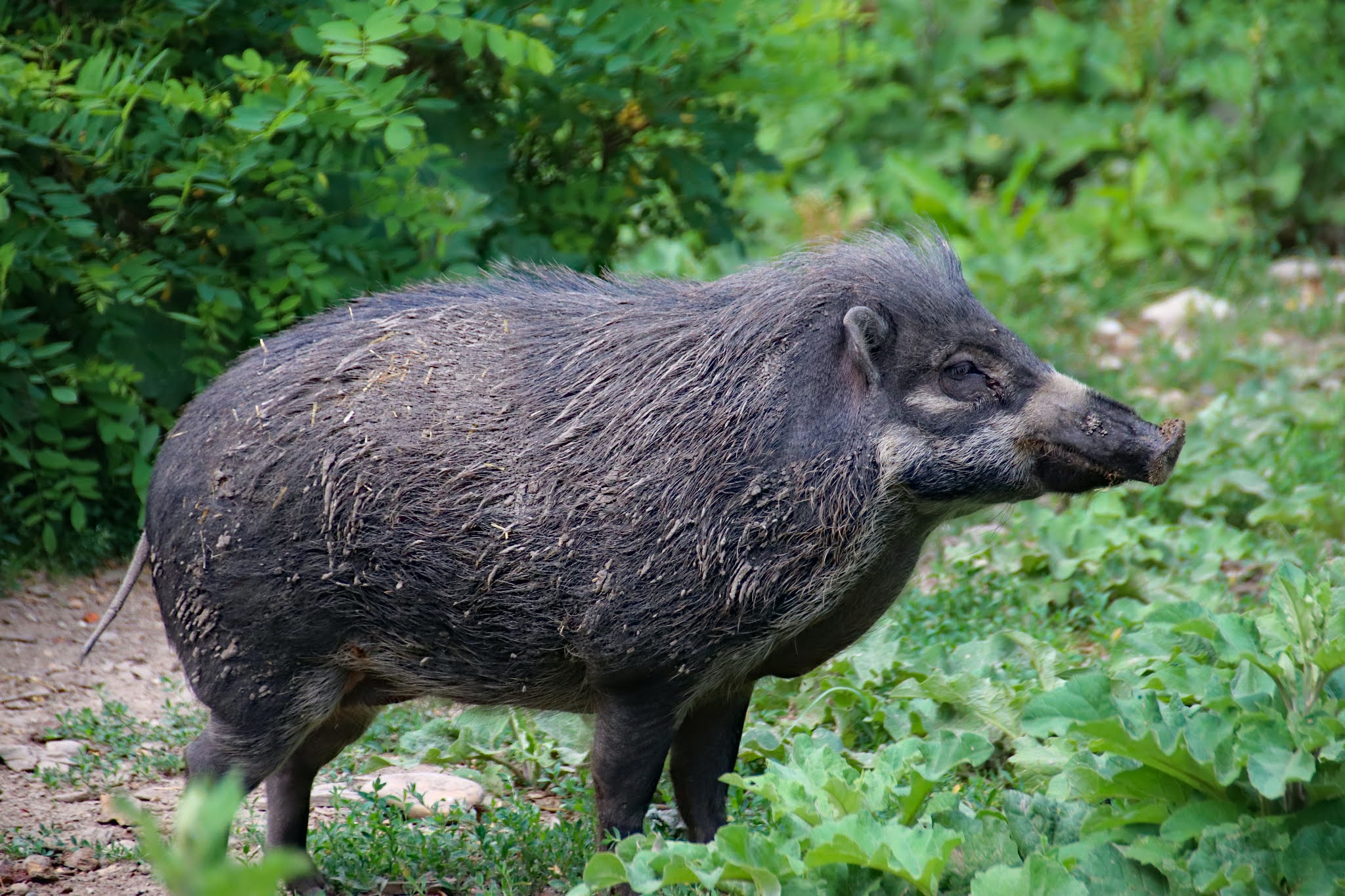2019 Most Common Hunting Violations In Colorado
Hunting violations are easily made when you don’t read the many
pages of state regulations. It is extremely important to know your rights and the
violations that can be made, especially when you’re handling a firearm, and you’re hunting out of state. However, if you’re an avid hunter,
you have to have a general knowledge of the rules in different states. To ensure
that you are not fined or are harming wildlife, check out the most 10
violations from 2019.
Report: 2019
Law Enforcement and Violation Annual Report.
1.
FISH WITHOUT A PROPER/VALID LICENSE; with a total
of 620 cases in 2019. This one seems simple, yet, maybe not. Colorado laws state
you must have a valid license to fish. A Colorado residents fishing license is
$12 for a one-day pass and a non-Colorado resident is $15 for a one-day pass. If
you are caught fishing without a license you can potentially be fined for each
individual fish you have caught. For more rates on a fishing license, click
here.
2.
FISH-UNLAWFUL POSSESSION; with a total of 385 cases
in 2019. Wildlife – illegal possession § 33-6-109 states that an angler cannot “have in his/her possession in Colorado any wildlife, as defined by the state or
country of origin, that was acquired, taken, or transported from such
state or country in violation of the laws or regulations thereof” (Justica).
Although fishing-unlawful possession was the second most violated law in 2019, remember
that this law is broken down into species of animal. CPW has a very useful brochure
that you could review fishing regulations, you can find it here.
A blog post “Colorado
Dishing Regulations & Limits: Everything You Need To Know” by Eli Mcginty
is also a well-sourced blog about fishing regulations.
3.
GENERAL LICENSE VIOLATION; with a total of 331 cases
in 2019. Have your documents and make sure they are not expired!! Inspection of
license and wildlife--check stations--failure to tag--eluding an officer §
33-6-111 basically states that any person who practices sportsmanship must “produce
all applicable licenses issued to him/her by the division, all firearms, all
records required to be maintained by articles 1 to 6 of this title or by any
rule or regulation of the commission, all wildlife, and any personal
identification documents when requested to do so by a district wildlife manager
or other peace officer” (Animal
Legal & Historical Center).
4.
LOADED FIREARM; with a total of 268 cases in 2019.
Colorado law states that it is unlawful to “have a loaded (having a round in the
chamber) rifle or shotgun in or on a motor vehicle” (Colorado Parks
& Wildlife). However, this law excludes pistols or revolvers.
5.
SMALL GAME-UNLAWFUL POSSESSION; with a total of 198
cases in 2019. This law is also broken down by species of animal. Some example
of small game includes doves, pigeons, duck, goose, etc. General hunting laws
include restrictions like “hunting with a centerfire rifle larger than .23 caliber in regular rifle deer and elk seasons”,
“you must take edible parts of game meat home to eat or provide it for human
consumption”, etc. Be sure to know your rules and regulations when hunting
small game by reading the Small
Game and Waterfowl brochure by CPW.
6.
HUNTING W/O PERMISSION ON PRIVATE PROPERTY; with
a total of 198 cases in 2019. Unless you have the permission to go hunting,
trapping, or fishing on someone’s property don’t go on it. Be sure to do your
research where property lines start/end. Even if there are no signs that you
have entered private property, you can be charged of trespassing if you are
found guilty. Even if your animal gets away and enters private property, you
can be found guilty of trespassing if you do not have permission to enter the
land. With today’s technology, saying “I didn’t know I’ve entered private
property” is no longer an excuse. A great way to avoid this is by having a copy of written permission to be on the property.
7.
ELK-UNLAWFUL POSSESSION; with a total of 158 cases
in 2019. As previously mentioned from #2, Wildlife--illegal possession §
33-6-109, is broken down into species of animals. When talking about “elk, bear,
moose, or mountain lion, a fine of one thousand dollars and an assessment of
fifteen points” (Animal
Legal & Historical Center). If found guilty, it can be punishable of a
misdemeanor and a fine or imprisonment, or both, and license suspension points.
8.
HUNTING WITHOUT A PROPER/VALID LICENSE; with a
total of 155 cases in 2019. This one is similar to #1. Colorado states that “it
is unlawful for any person born on or after January 1, 1949, to purchase or
obtain any hunting license, hunt, or trap unless the person has been issued a
hunter education certificate by the division, attesting to the person's
successful completion of a division-certified hunter education course taught by
a division-certified instructor or equivalent education and training” (Animal
Legal & Historical Center). It can be a costly fine, so again, be sure
to have your paperwork handy and up to date.
9.
DEER-UNLAWFUL POSSESSION; with a total of 105 cases
in 2019. Similar to #2 and #7, “For each pronghorn, deer, or big game species
as defined in the state or country of origin and not listed in paragraph (a),
(b), or (c) of this subsection (3), a fine of seven hundred dollars and an
assessment of fifteen points.” (Animal
Legal & Historical Center).
10.
FAILURE TO LEAVE EVIDENCE OF SEX; with a total of
86 cases in 2019. Colorado requires that evidence of sex must be naturally
attached to a major portion of the meat, meaning it must remain attached to the
animal. This law was made to ensure that the officer can verify that the animal
hunted is accurate to the tag. There are many methods of ensuring the sex is
still attached to the animal. Check out a great article by Steven Rinella about
“Field
Tips For Gutting A Big Game Animal” for tips on how to leave evidence of
sex.
Colorado is a beautiful state filled with many different
types of wildlife, as a hunter it is your responsibility to hunt responsibly. If
you’re ever unsure what you can or cannot do or have an emergency, please reach
out to the District Wildlife Manager (DWM), you can reach them 24 hours a day,
7 days a week. To learn more about Colorado Parks & Wildlife visit https://cpw.state.co.us




Hunters and naturalists will often be out in the woods during dusk or dawn, which is the time of most activity for many animals. Sailors and boaties may have to navigate in twilight conditions. best night vision binoculars for hunting
ReplyDelete